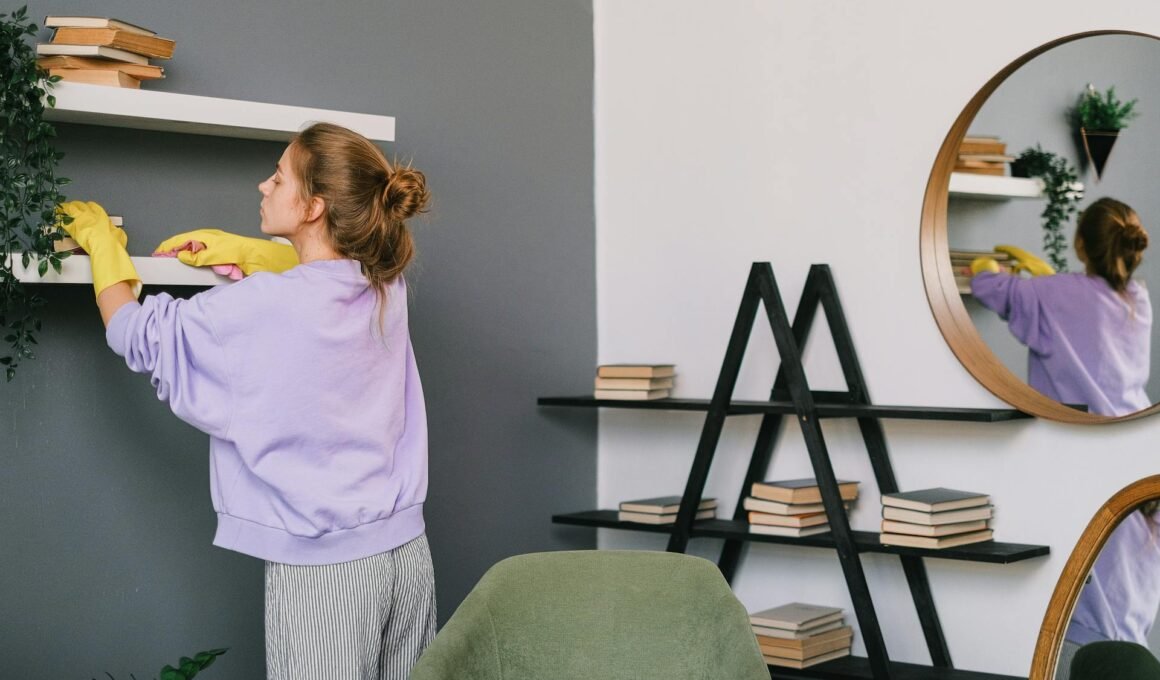A home should protect your family, support your routines, and give you peace of mind. When the environment feels clean and safe, everyone in the home benefits from better health and more comfort. The challenge is that many families overlook small issues that can grow into real concerns. Dust builds up, pests sneak in, and clutter starts to take over. Each of these issues affects the way your home looks, feels, and functions.
This guide walks you through the key steps you can take to create a safe and hygienic living space, helping you build a family-first home with confidence.
Start With a Clean Foundation: Daily and Weekly Cleaning Habits
A clean home gives your family a healthy start each day. Simple habits make the biggest impact because they keep dirt, dust, and germs from building up. Wipe down surfaces after use, place items back where they belong, and keep floors free of debris. These daily actions keep your home organized and easy to maintain. Weekly cleaning supports this routine by focusing on larger tasks such as mopping floors, cleaning bathrooms, and washing bedding. Many families forget to clean areas like baseboards, ceiling fans, and behind appliances, yet these spots gather dust quickly. When you pay attention to them on a regular schedule, your entire home feels fresher and healthier.
Keep Pests Out Before They Spread
Pests can create serious problems in any home. They carry germs, damage belongings, and make your living space uncomfortable. When you notice early signs such as droppings, small holes, or unusual noises, act right away. You can often handle minor issues on your own by removing food scraps, sealing small gaps, and using safe traps. However, when pests multiply or you find clear signs of an infestation, you need a professional residential pest control team. Professionals understand how pests behave and use methods that address the root of the issue. Quick action protects your family from health risks and prevents bigger damage. Treating pests early also keeps your home feeling safe and clean, which is essential for a family-first environment.
Improve Indoor Air Quality Every Day
Good air quality affects the way your family breathes, sleeps, and feels each day. Fresh air makes your home feel lighter and more comfortable. Simple habits support this, such as opening windows when the weather allows and letting air move through your rooms. Dusting and vacuuming often help remove particles that settle on surfaces and float in the air. Your HVAC system plays a major role in air quality as well. When its filters get dirty, the system struggles to move clean air around your home. Check your filters regularly and replace them when they start to look dusty. If anyone in your home has allergies, clean filters can make a clear difference.
Manage Moisture to Prevent Mold and Bacteria
Moisture often hides in places you do not check every day. Bathrooms, kitchens, basements, and laundry areas tend to collect humidity, and that humidity encourages mold and bacteria to grow. To reduce moisture, run exhaust fans during showers and cooking. Wipe down damp surfaces so water does not sit for long periods. Keep an eye out for small leaks under sinks, around toilets, and behind appliances. Even a slow drip can create enough moisture for mold to spread. When you see dark spots on walls or smell a musty scent, you need to act right away because mold spreads quickly. Maintaining a clean, dry bathroom also supports good personal hygiene, and if anyone in your household experiences related discomfort, seeking piles treatment Singapore can provide professional relief and guidance.
Keep High-Touch Surfaces Germ-Free
High-touch areas collect germs faster than most people realize. Light switches, doorknobs, remote controls, tables, and faucet handles see constant use throughout the day. Because so many hands touch them, they need regular cleaning. A simple wipe with a safe, effective cleaner removes germs before they spread. Build this into your daily routine so it becomes second nature. When you stay consistent, you reduce the chances of illness and keep your home feeling fresh.
Create Safe Play and Learning Areas for Children
Children need space where they can learn, explore, and play without unnecessary risks. The key is to set up areas that stay organized and easy to maintain. Choose a place in your home where you can keep toys, books, and supplies together. When everything has a clear spot, children learn how to clean up after themselves. Clean floors matter as well because they prevent slips and protect little hands from dirt. Wipe down toys often, especially the ones your children use every day. This keeps germs from spreading and helps you notice if something needs repair. As your children grow, adjust the space to match their needs.
Maintain a Secure Home Environment
A secure home increases comfort and prevents avoidable accidents. Check the locks on doors and windows to make sure they work as they should. Good lighting around entry points helps you move safely at night and alerts you to activity outside. Keep tools, chemicals, and medications stored where children cannot reach them. Many families forget how easily curious kids can get into things, so secure storage makes a big difference. Test smoke alarms and carbon monoxide detectors often because they alert you to danger before you notice a problem. Take a few minutes each week to look around for anything that feels out of place or unsafe.
Use the Right Waste Management Habits
Waste management affects both cleanliness and safety in your home. When waste piles up, it attracts pests and creates odors that spread quickly. Keep indoor trash cans lined and sealed, especially in the kitchen. Take garbage out before it overflows so you avoid messes that cling to surfaces. Recyclables should stay clean and dry to prevent contamination. Outdoor bins need to stay closed so animals and insects cannot get inside. Clean the bins when they start to smell because odors attract pests even when the lid stays shut. These habits keep your home clean and help you maintain a hygienic environment.
A home built on safety and hygiene gives your family room to grow, connect, and enjoy time together. When you stay committed to simple habits, your home reflects the care you bring into every part of family life. A clean, well-organized space shows your family that their health and comfort matter every day, not just during deep cleanings or special moments. The effort you invest becomes a gift that supports your household in ways that last far into the future.



